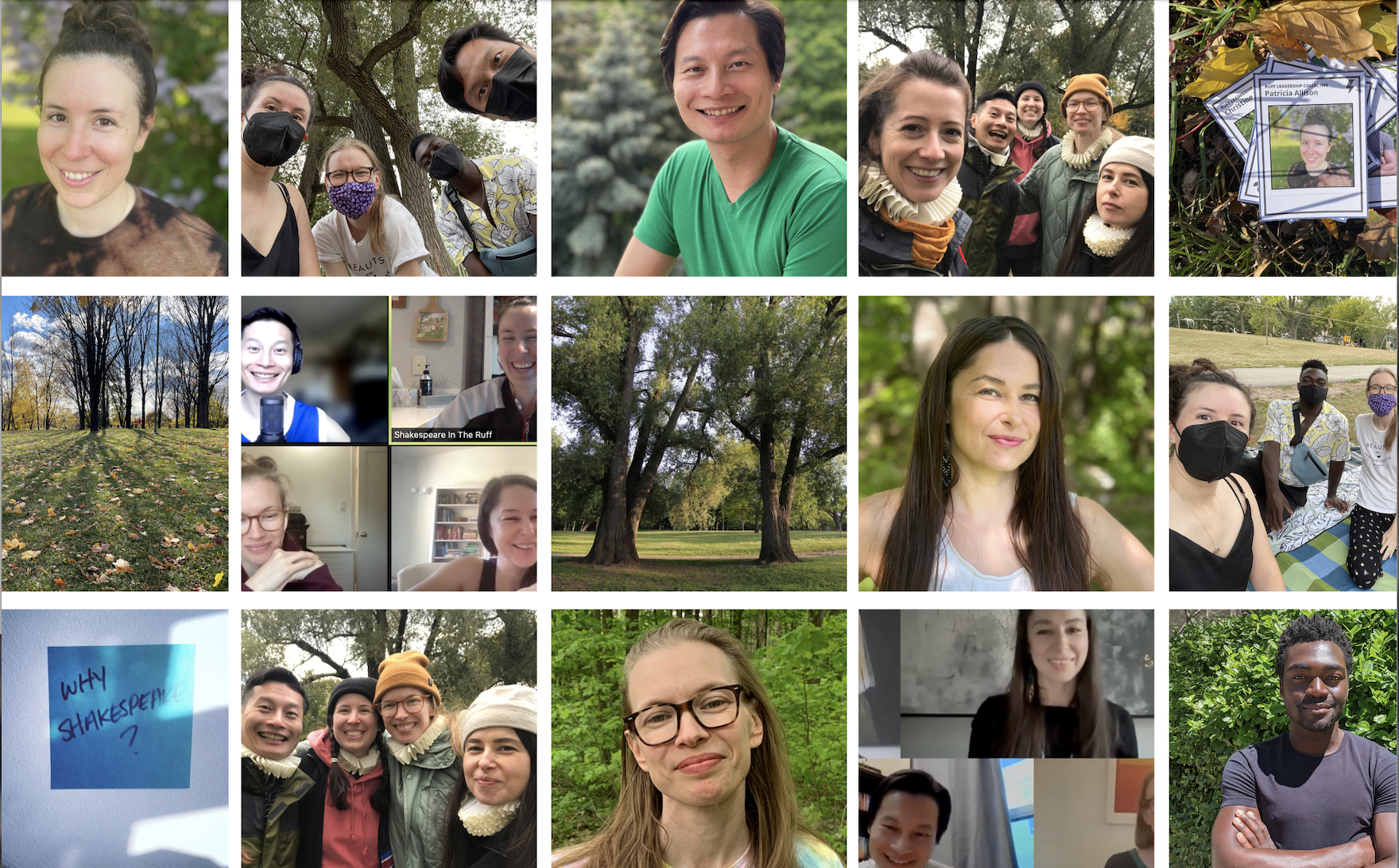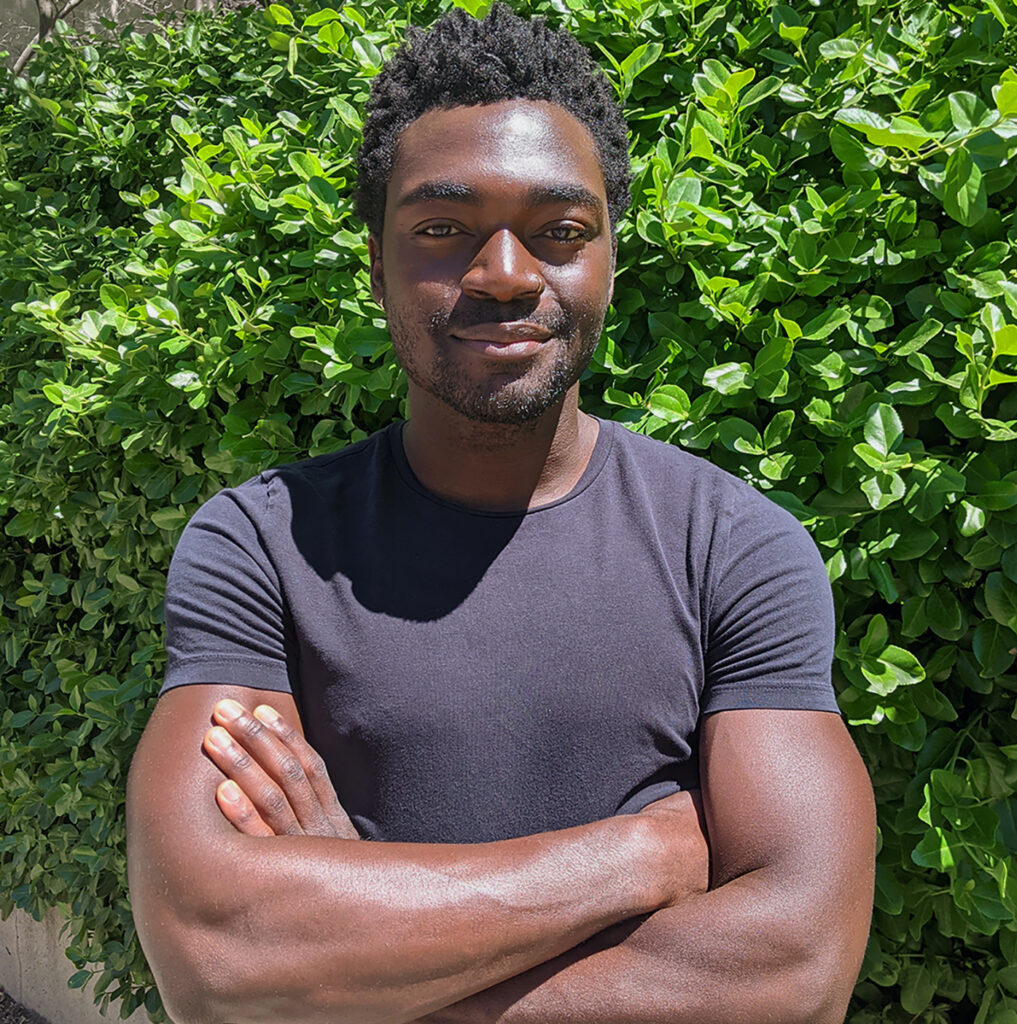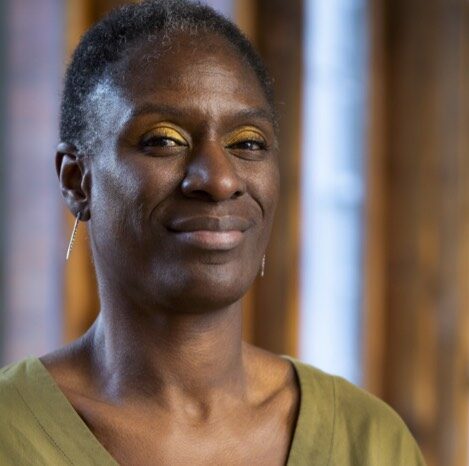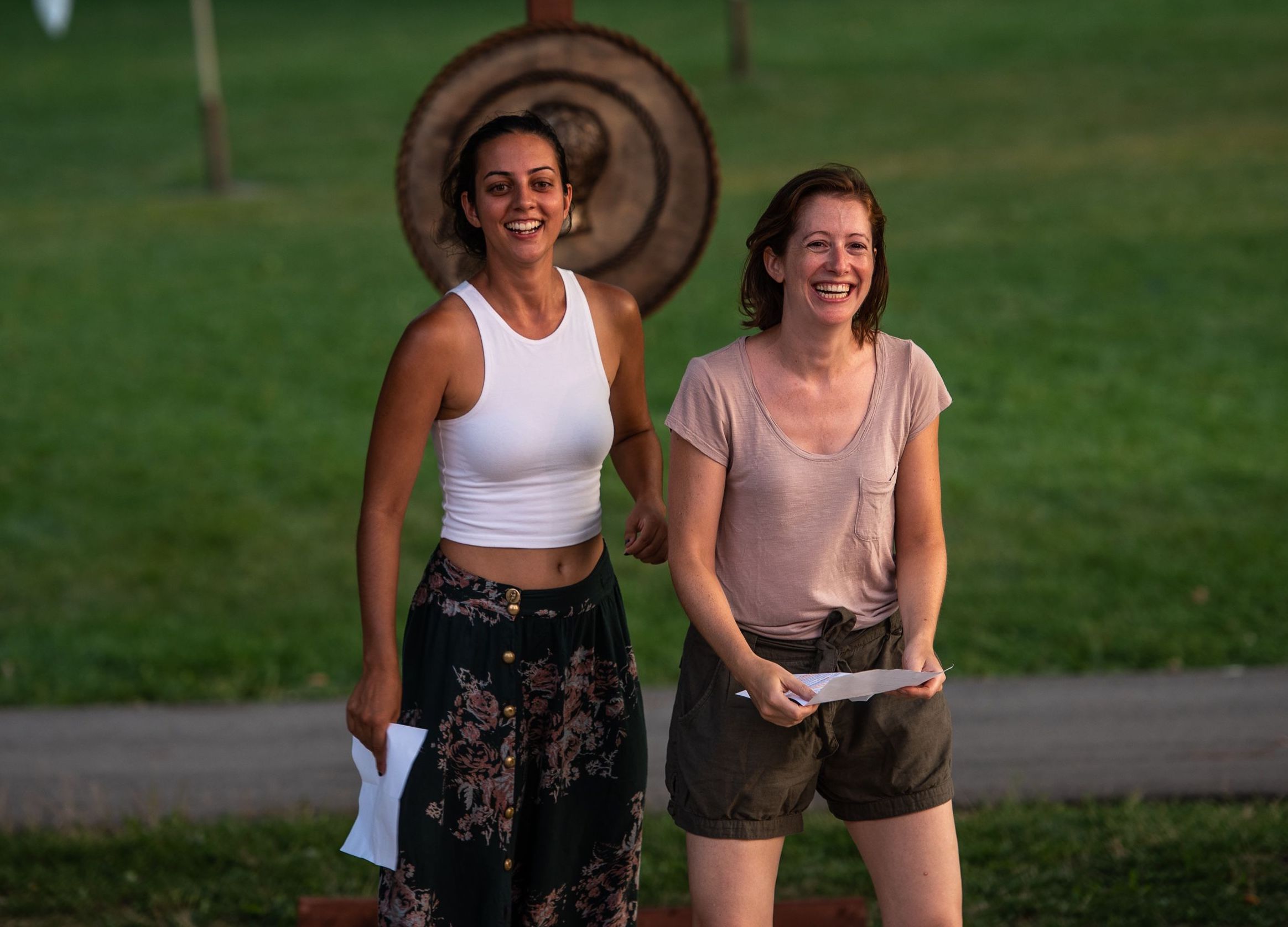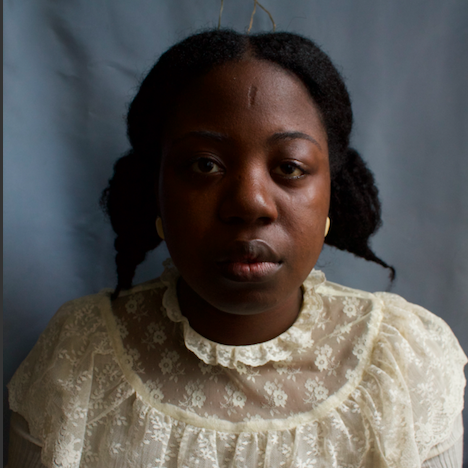Over the last few months, protesters around the world have been fighting against the systemic racism and violence in our society. We stand with these protesters, and amplify the message that Black lives not only matter, but are valuable and vital. We stand with the movement to fight for a better, more just world for Black People, and recognize that the fight against white supremacy is deep, on-going, and crucial. We are all needed in this movement, and inaction is not an option.
We have spent the past months reflecting on what it means to run a theatre company using the not-for-profit model, magnifying shakespeare. We are interrogating the harm we have caused Black and Indigenous Peoples – the pursuit of a liberated world stands hand in hand with demanding justice for Indigenous Peoples. As a company that produces shakespeare, we are complicit in upholding the supremacy of the white Western canon above any other. Our pursuit of de-centring whiteness needs to go deeper, and we are – and will continue to – examine our mandate, our organization, and our place in the community. Changes, big and small, are necessary, and will be embedded into the company fabric. We are not looking for easy answers or quick fixes, we are in the pursuit of radical justice and peace.
Some of these changes you will see publicly, and some you may only experience if we have the pleasure of working together. What’s important is that these changes occur. We must do better.
One vital part of this process is to open a direct avenue of communication with our leadership and Board of Directors. If any members of our community have questions, we would like to engage in a conversation. If any members of our community would like to discuss past experiences you’ve had with Ruff, in any way, shape, or form, we would like to hear from you. To reach Ruff’s Co-Artistic Directors Eva Barrie and Kaitlyn Riordan, along with Board members Cecile Peterkin and Dasha Peregoudova, email us here. For messages directed exclusively to these two Board members, use this contact form, which, if you choose to do so, can be used anonymously. Any request for confidentiality will be respected.
We want to thank the Black and Indigenous artists who have been fighting this fight for years. We hear you. We support you. Thank you.
We are inspired by and want to thank the countless individuals who are organizing protests, occupies, and artistic expressions to make our city more safe, more vibrant, and more free. That is the city we want to live in, and create art in. Black Lives Matter Toronto, Not Another Black Life, Toronto Prisoners’ Rights Project, Air Rising Collective, and so many more, from the bottom of our hearts, thank you. Please follow these groups on social media to help find a way you can support them.
We recognize these moments are challenging, but we believe that the work we do today, will prepare us for a better tomorrow. And a more just tomorrow is something worth fighting for.
Sincerely,
Eva Barrie & Kaitlyn Riordan
Co-Artistic Directors
August 11th, 2020
